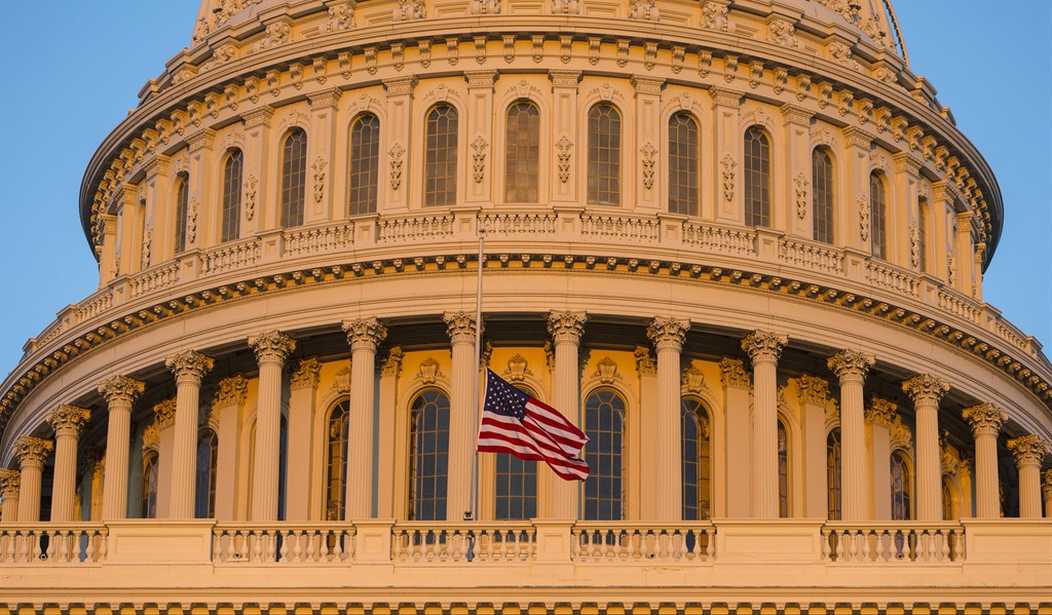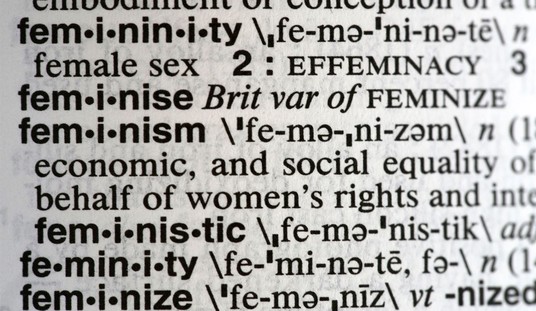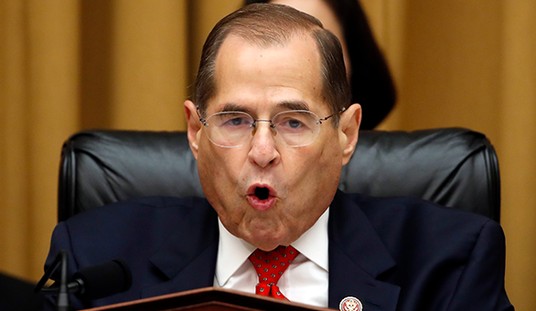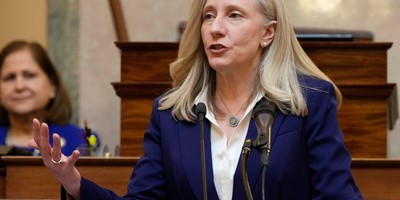The United States is awash in energy.
“U.S. production of crude oil, along with liquids separated from natural gas, surpassed all other countries this year with daily output exceeding 11 million barrels in the first quarter,” Bank of America reports. Our country became the biggest producer of natural gas four years ago. Only one thing may stand in our way: Experts.
Last year, Forbes contributor Juston Gerdes lauded a proposal by a legislator in California aimed at reducing greenhouse gas emissions. The proposal would create a board that is, itself, awash in experts. “The board would include representatives from the CEC, CARB, California Public Utilities Commission (CPUC), California Alternative Energy and Advanced Transportation Financing Authority, California Environmental Protection Agency, California Independent System Operator, and the Governor’s Office,” Gerdes writes.
What’s likely to swim up out of that alphabet soup of experts? Plans, of course. Guidelines, no doubt. Effective state control of energy production and distribution, most likely.
So consider how such control works out in the real world.
In his classic, “The Road to Serfdom,” Hayek wrote about the inefficiencies of government monopolies. “Private monopoly is scarcely ever complete and even more rarely of long duration or able to disregard potential competition,” he wrote in 1944. “But a state monopoly is always a state-protected monopoly -- protected against both potential competition and effective criticism.” And so it is.
In Puerto Rico, the territory’s government runs the electric utility. And it’s teetering on the cusp of bankruptcy. PREPA, as it’s known, generates two-thirds of its power from fuel oil -- perhaps the most expensive fuel stock for generating electricity. The company cost Puerto Rican taxpayers some $275 million last year, and “its high prices serve as a tax on most economic activity,” as The Economist explained recently.
Recommended
Mexico, too, has almost always meddled in energy policy. Almost all the electricity there has been generated by the Federal Electricity Commission. A huge amount of that is generated by burning coal. And until very recently, there was no alternative.
Finally, thanks to internal reforms, individuals will be allowed to generate power and sell it into the grid. That will create competition that should force the state electricity giant to become more efficient and even greener.
“For the first time, it will be able to sell natural gas to private-sector users -- a business previously reserved for Pemex, the state oil monopoly,” The Economist reports. Mexico is finally taking steps to shatter its state-run monopolies and allow competition in its energy sector. That should drive down prices and benefit everyone. “With cheap energy, Mexico will be unstoppable,” predicts economist Luis de la Calle.
But in the United States, we’re allowing greater government control. Not necessarily through ownership, but through government regulation of utilities.
In a different Forbes piece, Gerdes explains the National Environmental Policy Act. “Basically, anytime a proposed action would take place on federal land, receive federal money, or fall under the jurisdiction of a federal agency, the responsible agency (often the BLM, Forest Service, or Fish and Wildlife Service) is required, under NEPA, to analyze the project’s environmental impact,” he writes. Doesn’t sound as if there’s much “basic” about it.
Worse, one of the factors that these government agencies will be looking at will be “climate change.” That’s the thing we used to call “global warming,” until the globe stopped warming. That was 17 years ago and happened “despite the unexplained failure of climate scientists’ computer models to predict it,” asBritain’s Daily Mail pointed out last year.
This seems to be the real divide in American politics today. Not between Democrats and Republicans. Not between conservatives and liberals. But between those who are primarily concerned about “climate change” and those who think other things, say jobs, are more important.
President Obama is safely on the “climate change” side of the divide. Concern about “climate” is a recurring feature of his speeches. But polls show that jobs are more important to most Americans than concerns about the environment. Some 47 percent told Gallup in April that “economic problems” were our most important concern. “The economy” in general and “jobs” in particular were next on the list. “Energy” didn’t register, but “the environment” did: with one percent of Americans.
“Perhaps America’s political and news leaders have given up on, or simply forgotten about, the unemployed and underemployed,” Gallup’s CEO mused last year. “Apparently, Big Unemployment is the new normal.”
But we can’t allow it to become “normal” for millions to be underemployed. Not if we want our children and grandchildren to grow up in a booming economy that offers them opportunity to succeed. We need governments to step back, slash regulations, and unleash our power and our people.

























Join the conversation as a VIP Member